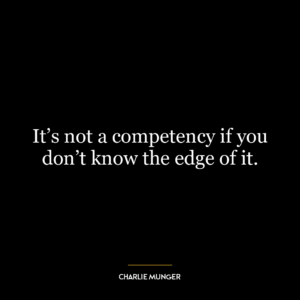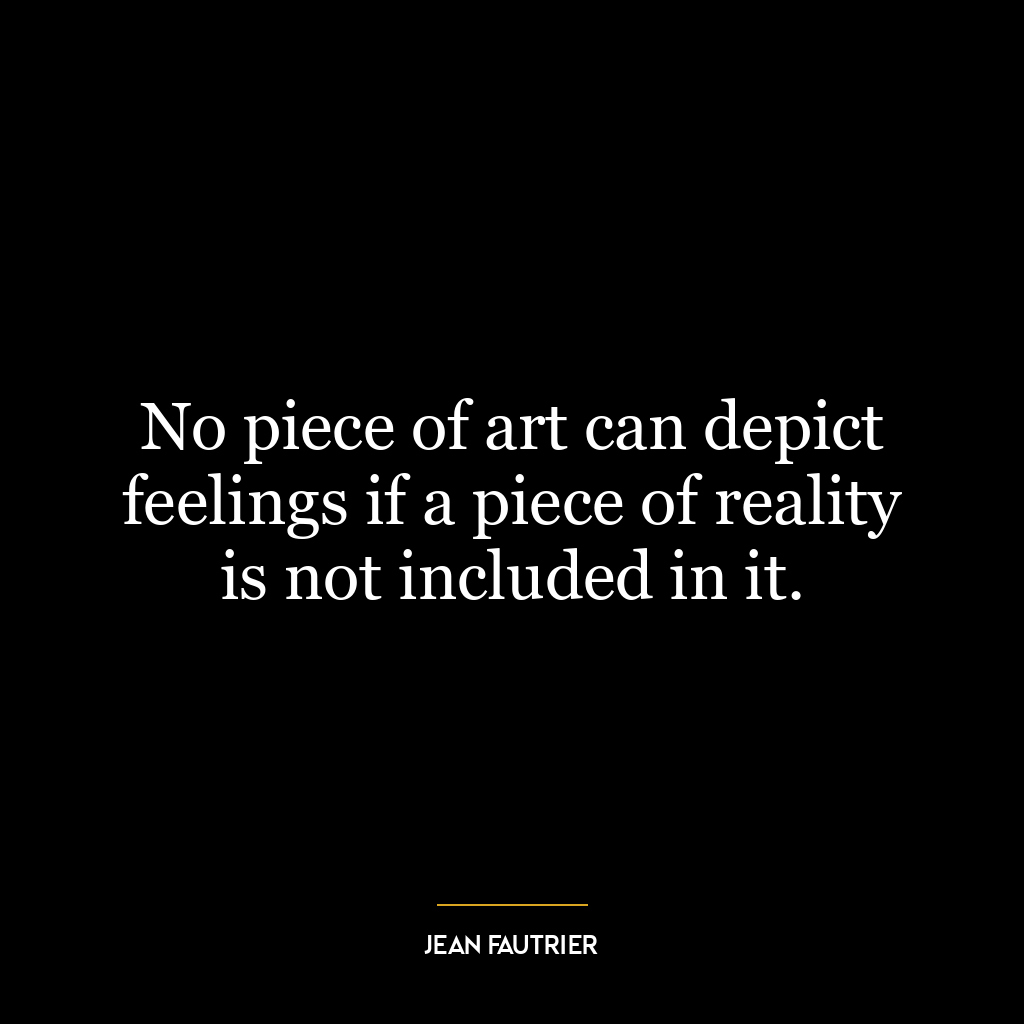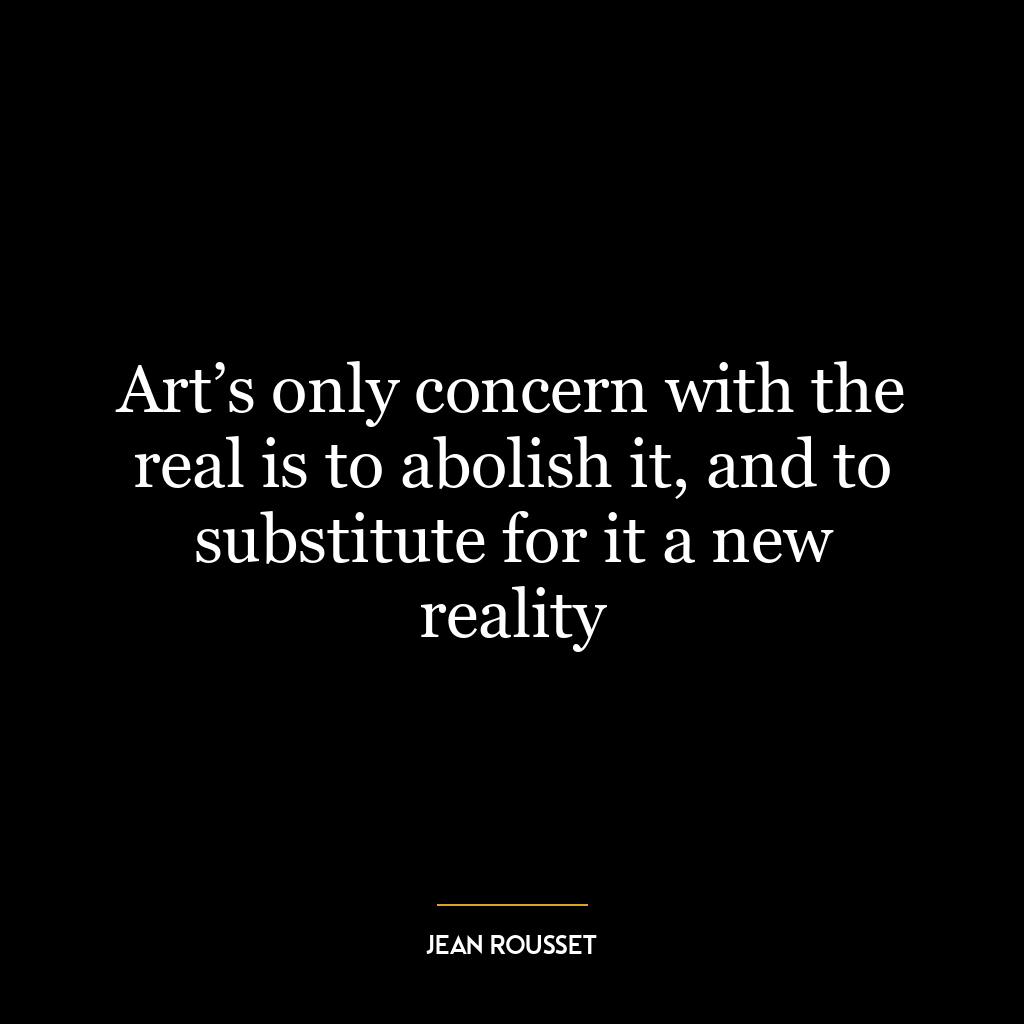This quote emphasizes the importance of acknowledging reality, irrespective of whether it aligns with our preferences or not. It particularly underlines the need to face unpleasant truths, as these are the ones we might be most inclined to ignore or deny.
The concept of recognizing reality, especially when it’s uncomfortable, is rooted in the idea that growth and development often come from discomfort. For instance, if we ignore a problem or an unfavorable situation because it’s uncomfortable, we sidestep opportunities to learn, grow, or make necessary changes. On the contrary, when we confront and accept an unpleasant reality, we empower ourselves to take action, learn from the situation, and ultimately, grow.
Applying this idea in today’s world could be seen in several ways. In a social context, it might mean acknowledging systemic issues like racism or climate change, even when it’s uncomfortable or challenging to do so. By recognizing these realities, we can start to take steps towards addressing and rectifying them.
In personal development, this principle is equally crucial. For instance, recognizing one’s own flaws and weaknesses, as uncomfortable as that might be, is often the first step towards personal growth. It allows us to work on those areas and improve ourselves.
In business, leaders who acknowledge the harsh realities of their company’s situation, however unpleasant, are better equipped to devise strategies that address these issues and steer their company towards success.
In essence, this quote is a call to embrace reality in all its forms – the good, the bad, and the ugly. It’s a reminder that turning a blind eye to what we don’t like doesn’t make it disappear. Instead, it’s through the acceptance of reality that we can effect real change, both in ourselves and in the world around us.










